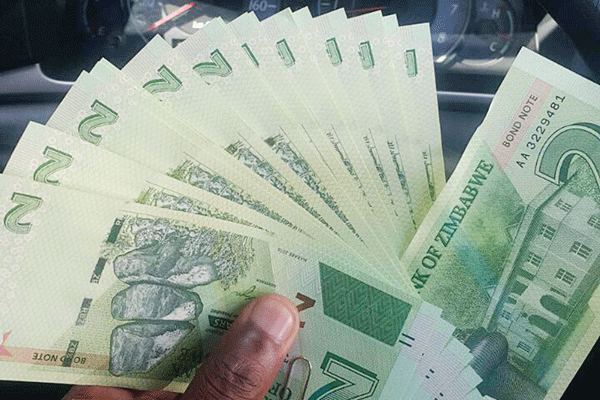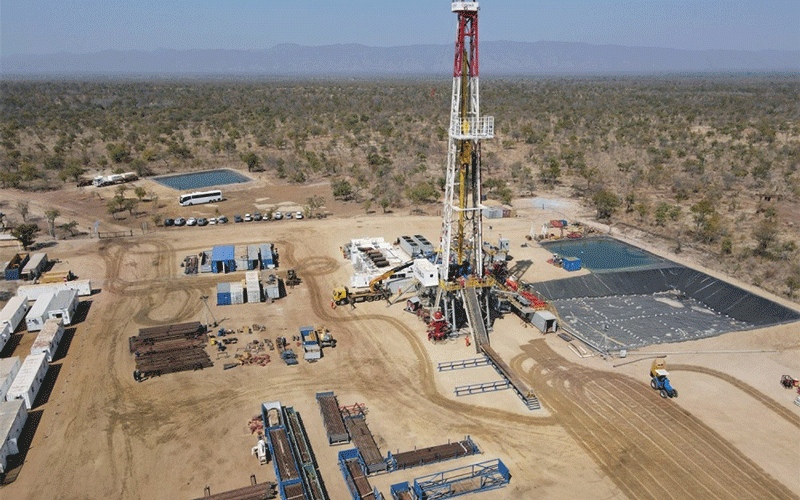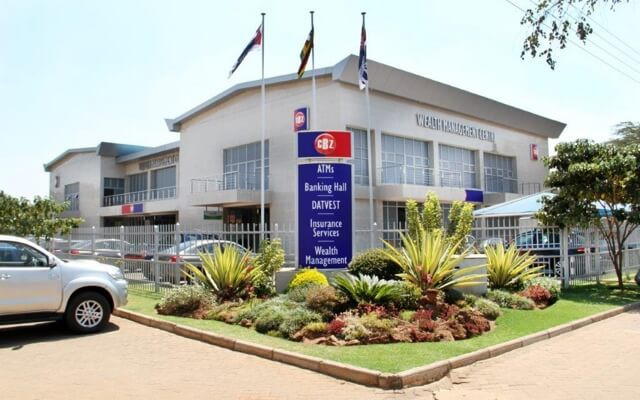
BY TATIRA ZWINOIRA
RENOWNED American economist, Steve Hanke says Zimbabwe has the second “junkiest” currency in the world owing to its continued fall.
According to Hanke, from end of December 2019 to May 14, the Zimbabwe dollar (Zimdollar) depreciated by 54,78% as it continues to remain insufficiently backed by either commodities, foreign currency or market confidence.
Hanke rated Venezuela as having the top junkiest currency followed by Zimbabwe, Lebanon, Syria, and Sudan rounding off the top five.
“The top 20 junk #Currencies are displayed. Their loss of #PurchasingPower is a heart-wrenching sight. It’s like watching a child bleed to death and being unable to stop it. Time to dump junk and clone a solid anchor, like #Gold,” Hanke tweeted on Sunday.
The Zimdollar was re-introduced in June 2019 and since then, has run amok in the market with no signs of gaining ground.
Experts blame this on the government reintroducing the currency too early as production levels were low, consumer activity constrained, zero market confidence, no build-up in foreign currency reserves, and the absence of a commodity backing.
United States Agency for International Development food security arm, FEWS NET reported that consequently, prices of most goods and services continued to increase in Zimdollar terms during April into this month.
- Chamisa under fire over US$120K donation
- Mavhunga puts DeMbare into Chibuku quarterfinals
- Pension funds bet on Cabora Bassa oilfields
- Councils defy govt fire tender directive
Keep Reading
The effect of the devaluing Zimdollar has seen business and personal incomes greatly eroded to a point where companies are closing down while workers’ salaries have lost purchasing power.
Also, the depreciating Zimdollar has brought back hyperinflation as businesses are raising prices daily to match the parallel market forex rates to maintain the value of goods or services.
Local financial expert Persistence Gwanyanya told NewsDay Business that everyone should be seriously worried about the depreciation of the Zimdollar and the slow pace at which the economy was moving.
“At this pace, the wheels are likely to fall … When we remove the currency controls, the natural thing is to have what we call exchange rate overshooting. What is happening on our currency, as expressed by Prof Hanke, is also the effect of exchange rate overshooting. How do we identify exchange rate overshooting?” he asked.
“Our fundamentals in Zimbabwe are not as good as those countries in Africa, which have weaker currencies. At the current exchange rate of US$1 as to, even if you take the parallel exchange rate of US$1:$60, our currency remains highly overvalued in my view. So, we still have scope for currency depreciation and price increases because of the overvaluation of the currency.”











